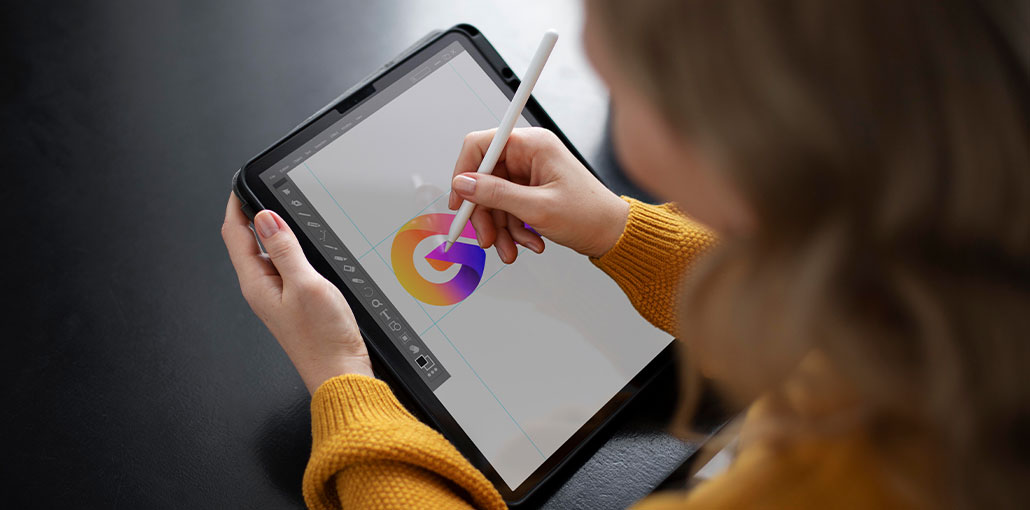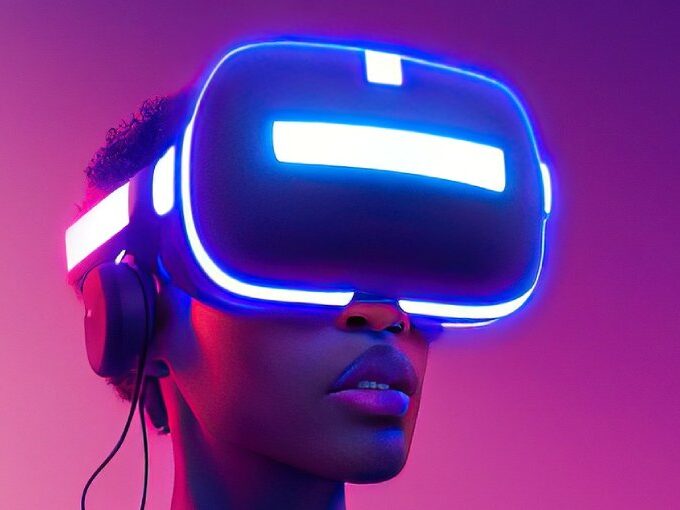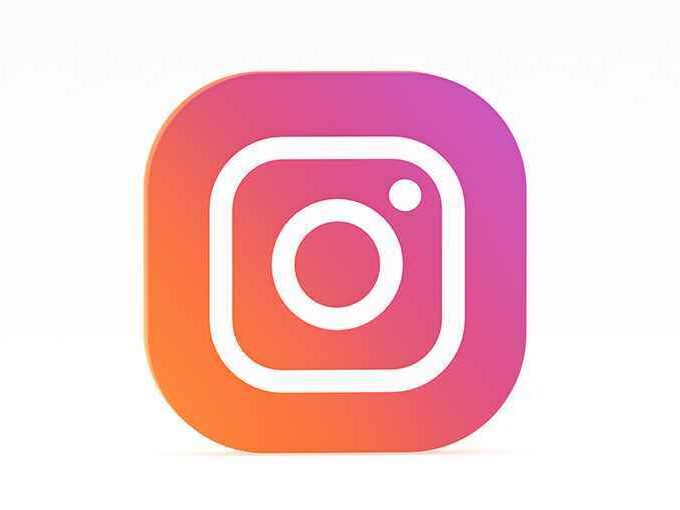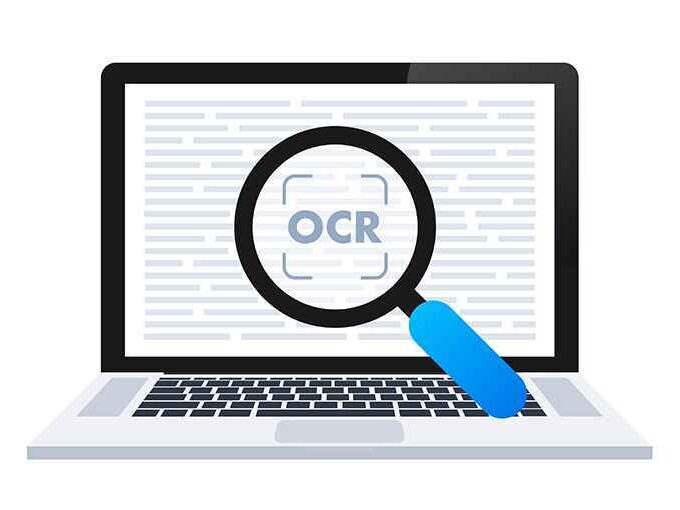In the digital age, traditional methods of work are swiftly evolving into dynamic, tech-enabled processes. Key among these transitions is the shift towards digital tools like the drawing tablet with pen, a revolutionary device that combines the flexibility of hand-drawn art with the convenience of modern technology. These gadgets are more than just tools for artists; they are a secret weapon for professionals seeking to optimize productivity in various sectors.
Drawing tablets with pens are interactive display devices that imitate the effect of sketching on paper by using a pressure-sensitive stylus. They are well-known for providing a more natural interface than a mouse or trackpad, making them useful for a wide spectrum of professionals, including graphic designers, architects, educators, and even business leaders. The precision pen-like instrument allows for fine, painstaking work due to its superior control and accuracy. This is useful in many occupations where precision is essential.
When it comes to these tablets, many experts prefer well-known brands. XPPen, a market leader in this category, is one such brand. A wide range of cutting-edge drawing tablets are available at the XPPen store to meet a variety of professional requirements. Their product portfolio ranges from simple, portable sketching pads to complex tablets with screens, giving professionals the flexibility to choose what works best for them. XPPen’s products are known for their precision, quality, and convenience of use – all of which are critical in today’s fast-paced professional setting.
Aside from VR and AR, another arena where drawing tablets could have a huge impact is artificial intelligence (AI). AI systems can assess user input to predict and assist with tasks, hence accelerating the creative process. Predictive drawing capabilities, for example, could anticipate what the user intends to draw, suggesting recommendations and completing shapes or lines with remarkable accuracy. This combination of AI and drawing tablets may enable a symbiotic connection in which human creativity is strengthened rather than supplanted by technology.
Also read: Top AI Tools for Amazing Graphic Design
The environmental impact of transitioning to digital technologies is also worth considering. Moving away from traditional paper-based technologies is a huge step toward environmental friendliness. Reusable drawing tablets save waste from sketching and planning operations. Furthermore, because digital data can be saved and transferred electronically, the necessity for physical storage, as well as the environmental impact of manufacturing and shipping physical papers, is greatly decreased.
Drawing tablets with pens can provide health and ergonomic benefits, which is important in a professional setting where long hours of labor are frequent. Using a pen instead of a mouse can help reduce wrist and hand strain, lowering the risk of illnesses such as carpal tunnel syndrome. This user-comfort factor assures that productivity does not come at the expense of one’s health.
Furthermore, drawing tablets are frequently compatible with a wide range of software and apps, making them versatile tools. They can communicate with programs such as Adobe Photoshop, Illustrator, AutoCAD, and many others, easily integrating into the workflow of a variety of professions. The fact that tablets may be tailored to meet the demands of the user strengthens their position as a vital productivity tool.
Another significant advantage of the drawing tablet is its ability to facilitate cooperation. With many sectors moving toward remote work environments, a digital tool like a drawing tablet with a pen enables real-time collaboration and idea sharing, bridging geographical obstacles. When this level of connectivity and communication is combined with the device’s accuracy and control, it provides a formidable mix for professional productivity.
When all these factors are considered, the drawing tablet with pen emerges as a transformational instrument with far-reaching ramifications. It not only provides exceptional productivity, precision, and user health benefits, but it also sits at the crossroads of several fascinating technology frontiers. It effortlessly connects with today’s digital workspaces and provides a roadmap to future breakthroughs in VR, AR, and AI. Furthermore, it emphasizes the significance of sustainable behaviors in the professional sphere.
As a result, adopting drawing tablets is not just a move toward increasing professional productivity, but also a step toward a more innovative, sustainable, and technologically integrated future. Architects and engineers, for example, can utilize these tablets to create precise, accurate sketches and 3D models, considerably reducing time spent on sketching and revisions.
Meanwhile, educators can use these tools to engage students in dynamic, interactive teaching approaches that use visual representations to help express complicated ideas more simply. Even business leaders enjoy drawing tablets for brainstorming, mind-mapping, and aesthetically appealing and understanding presentations to teams and clients.










Leave a comment